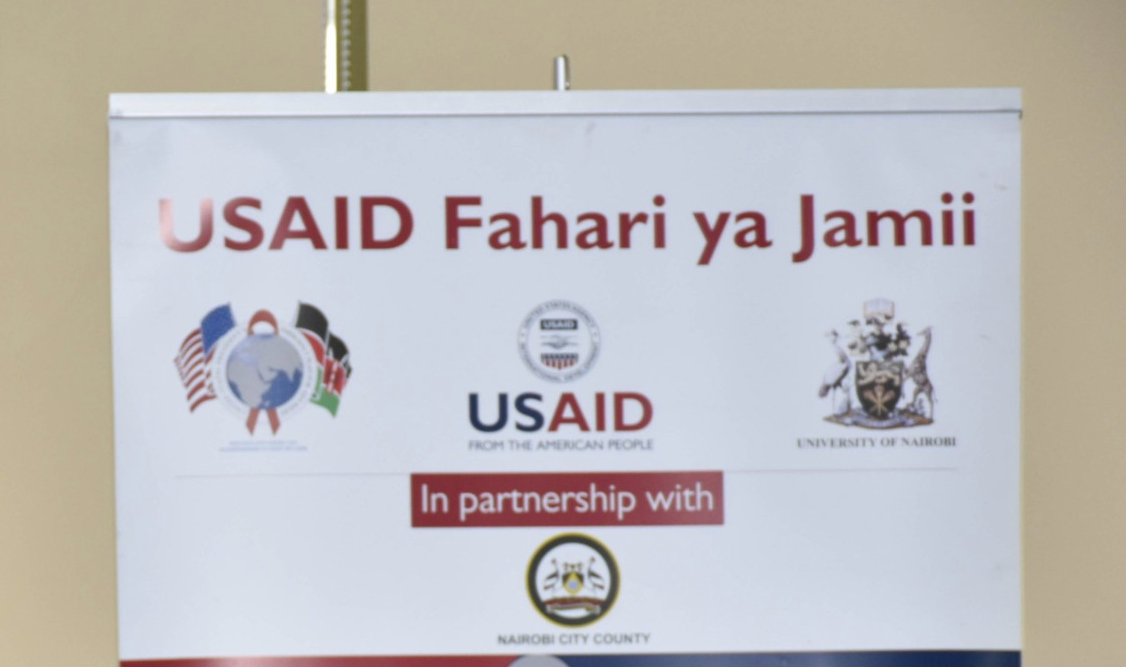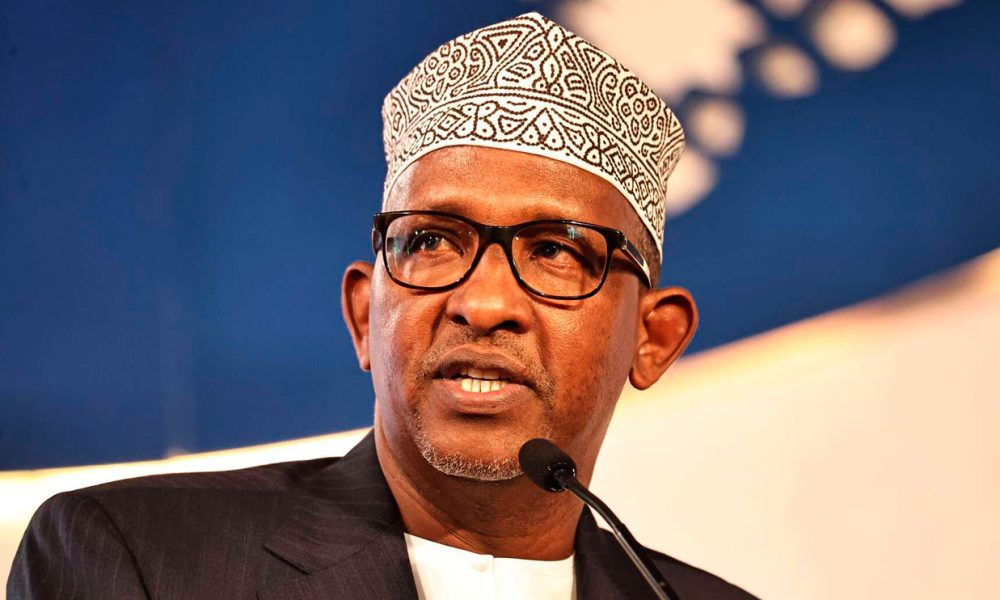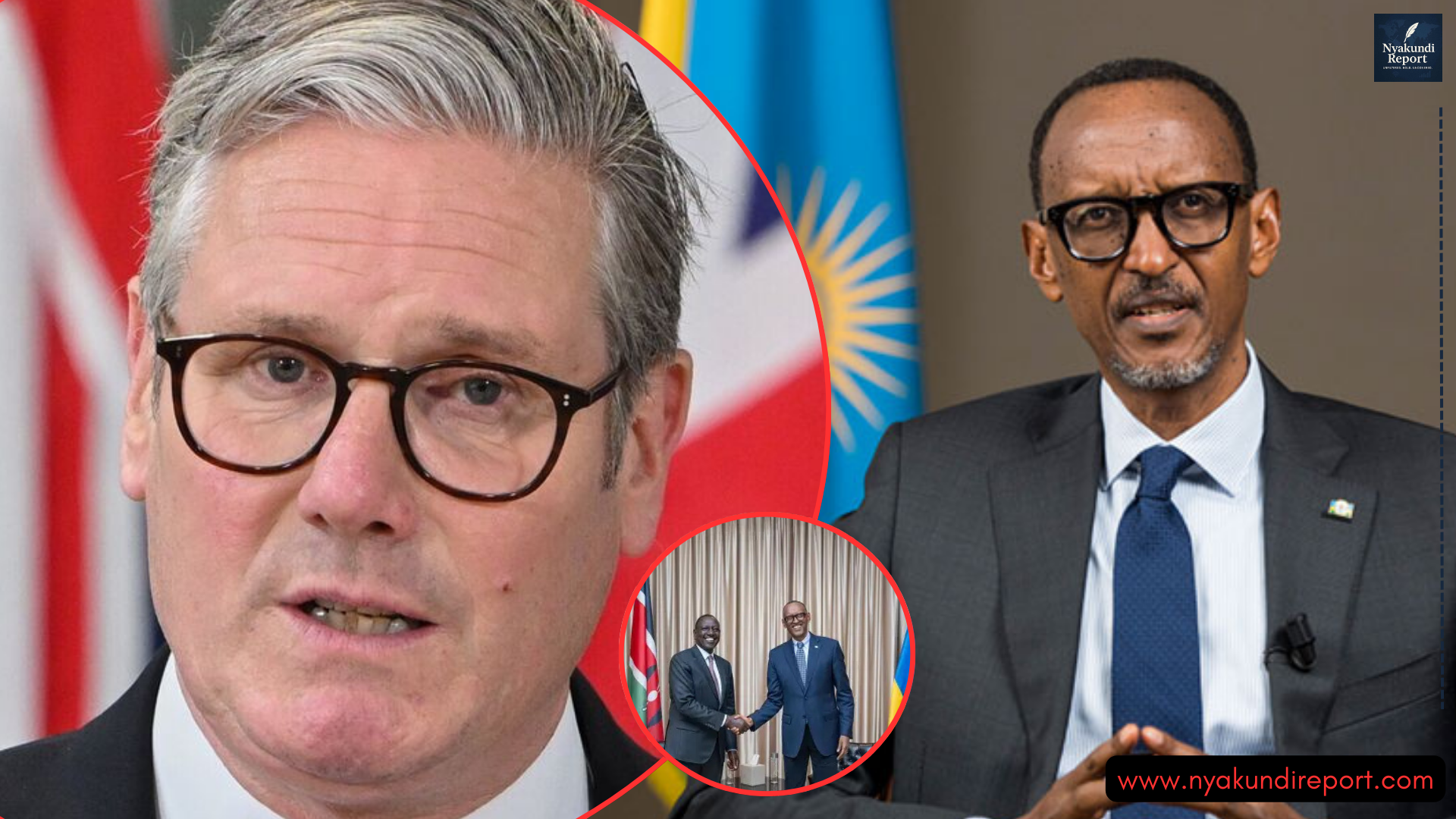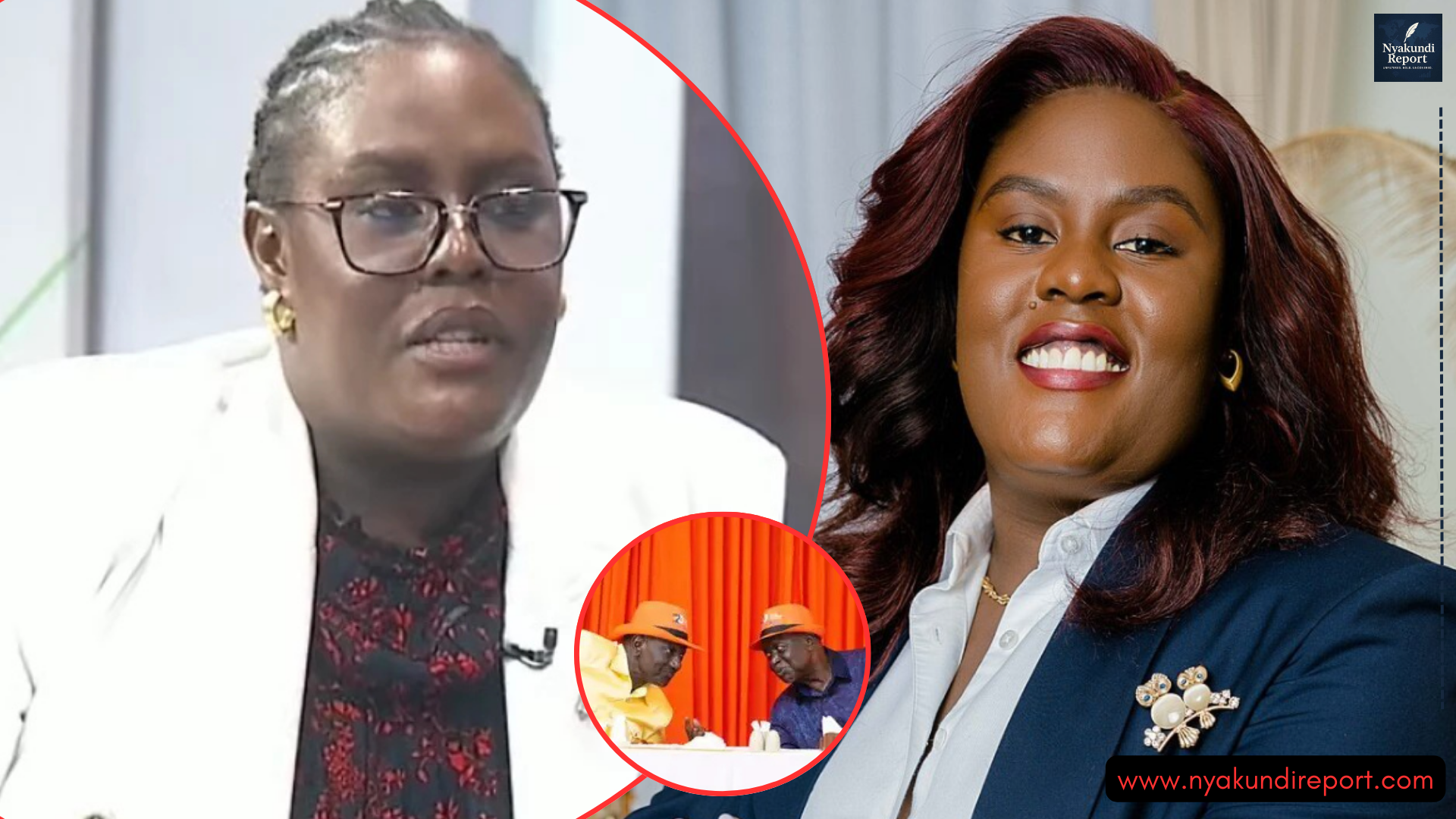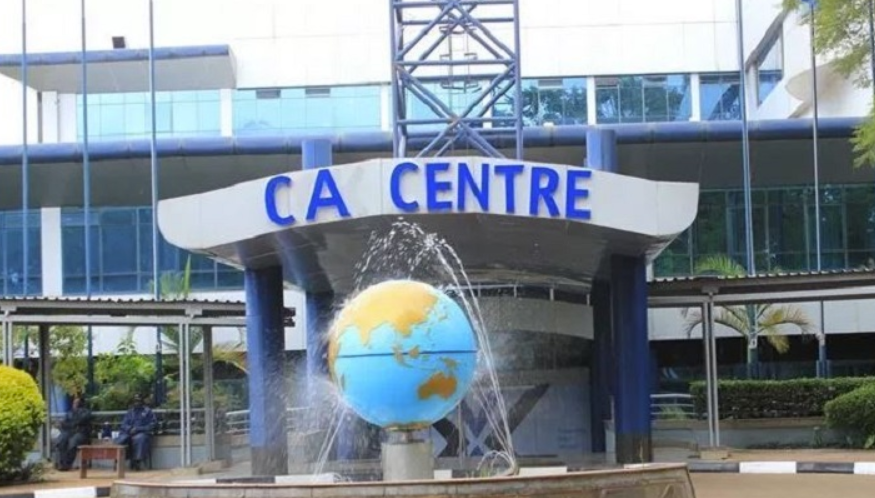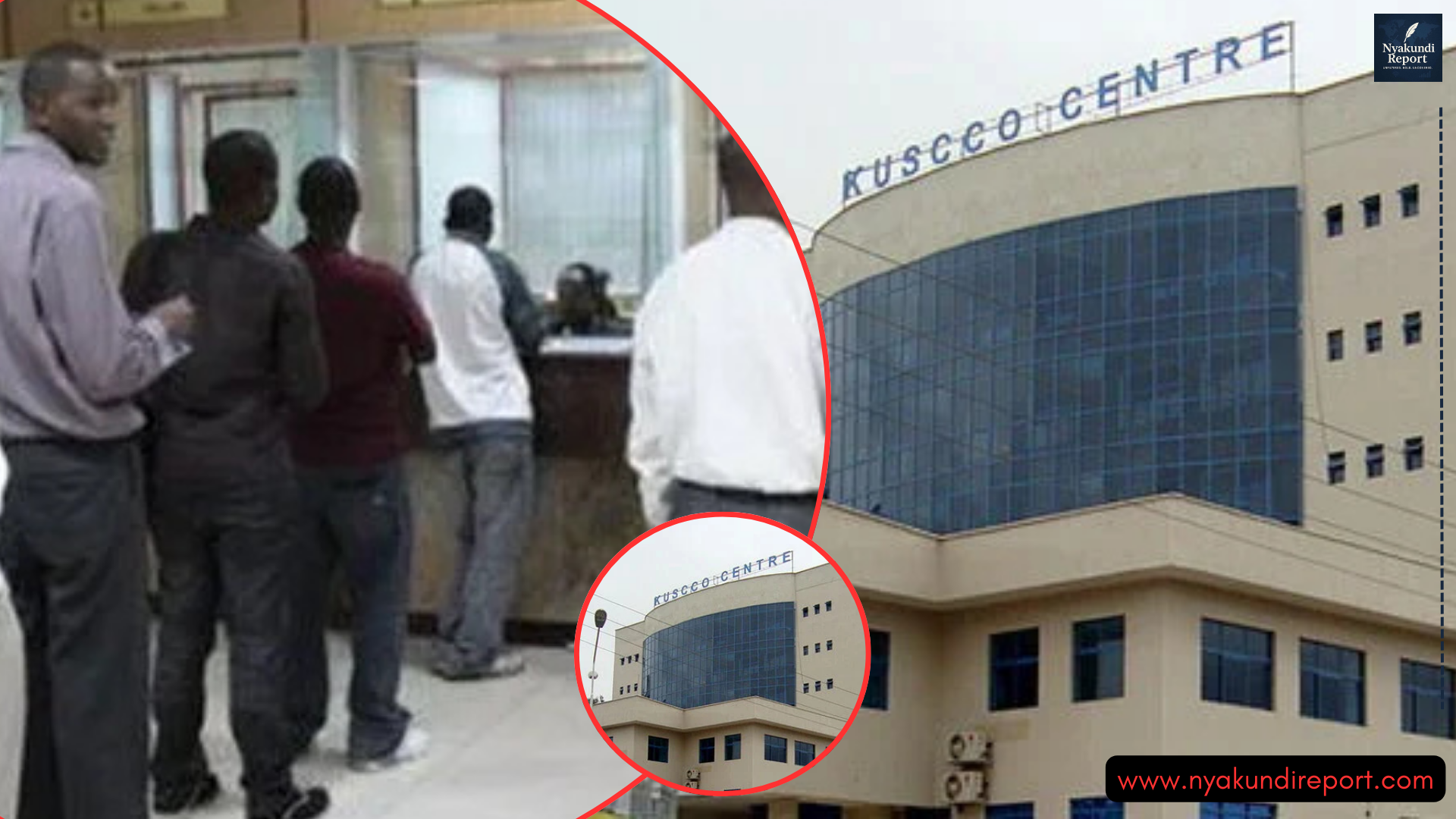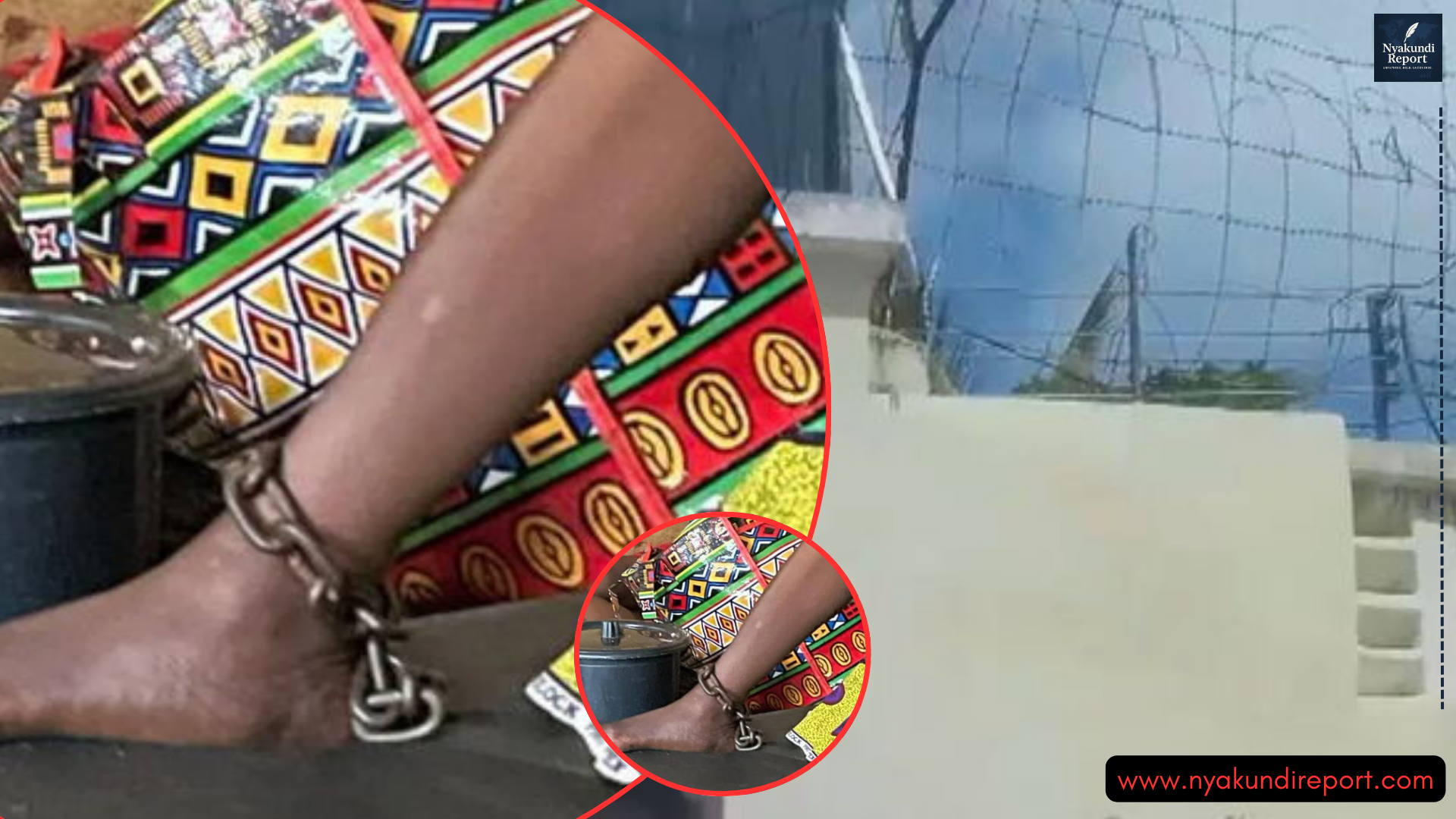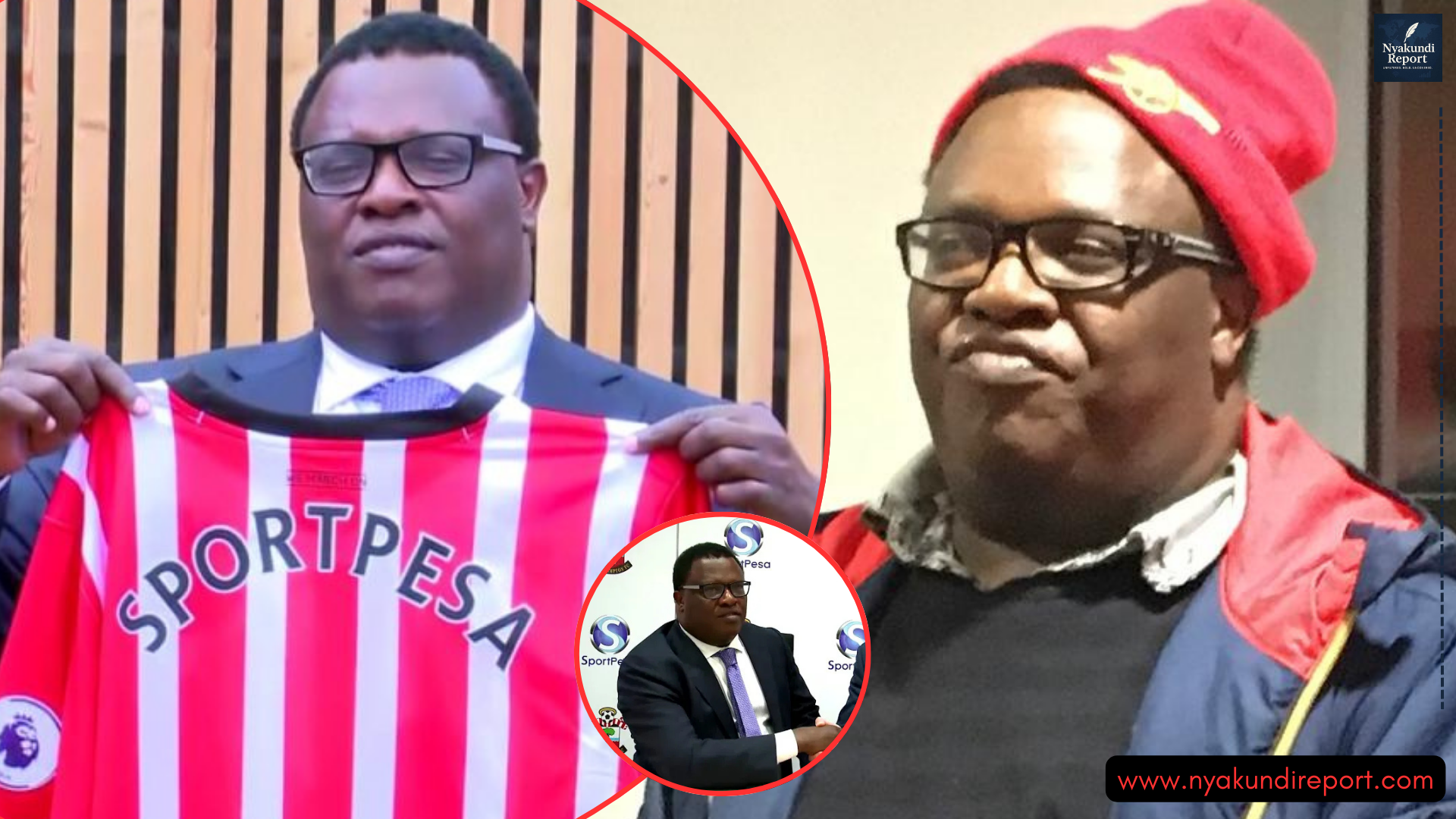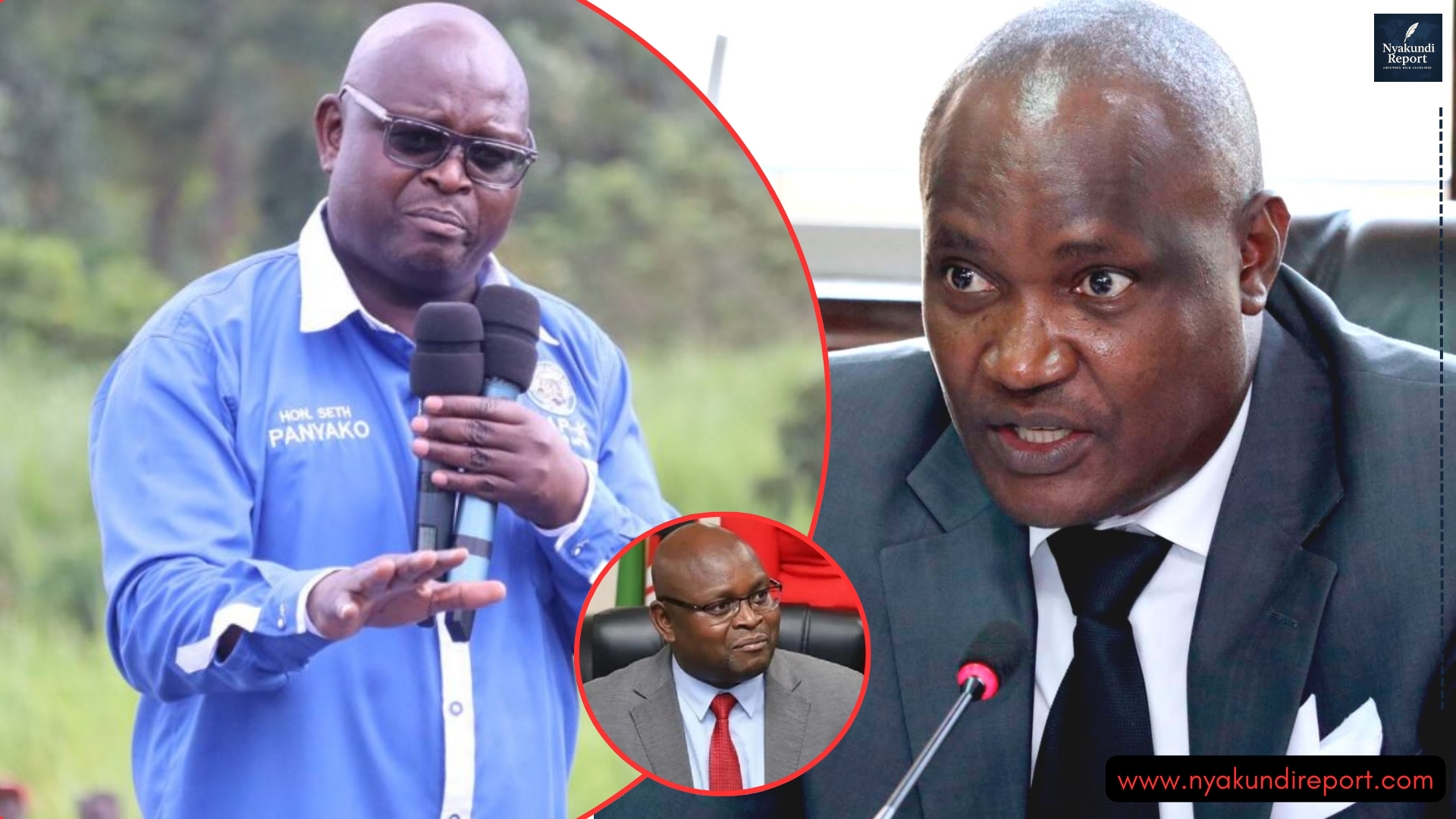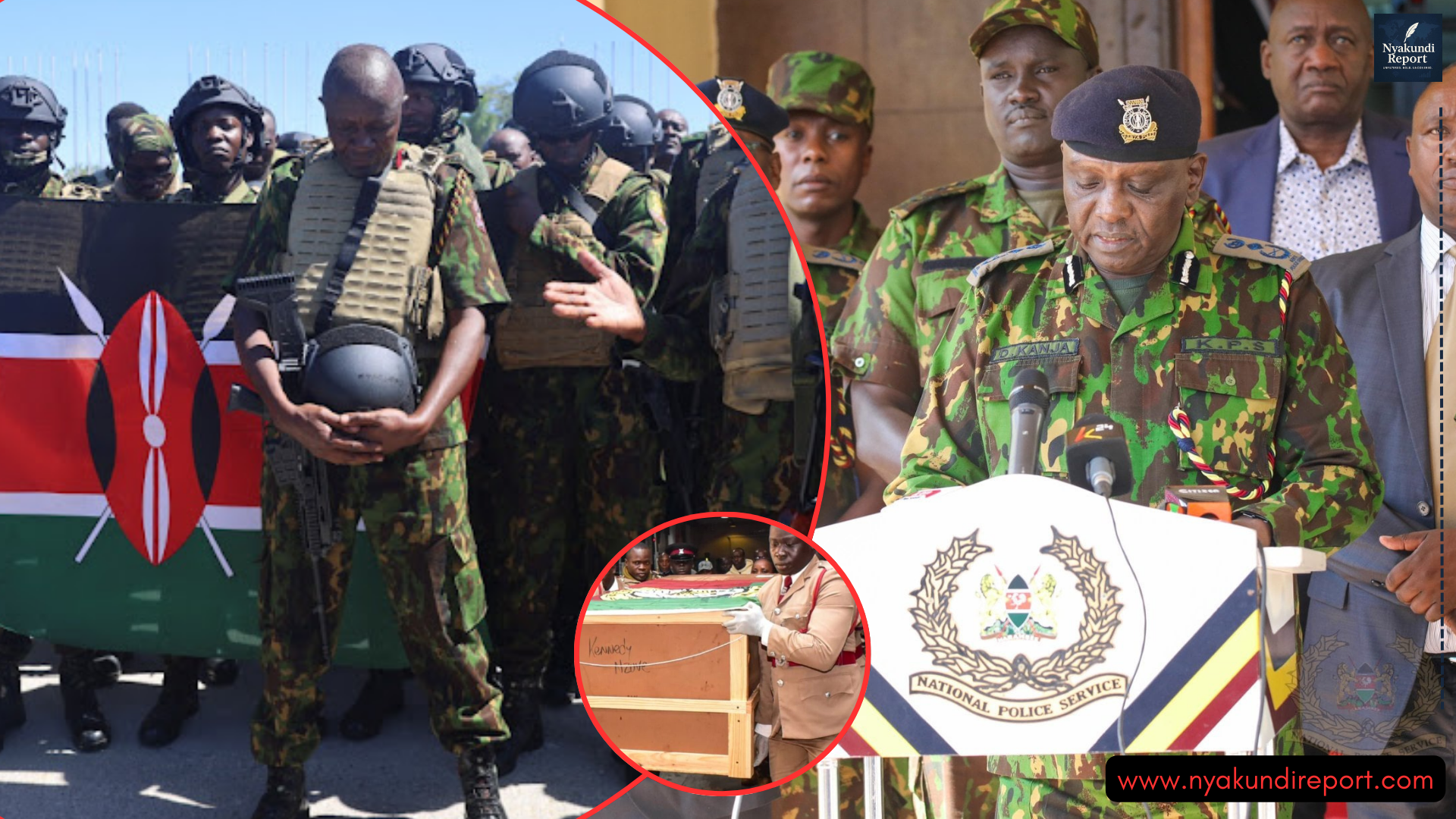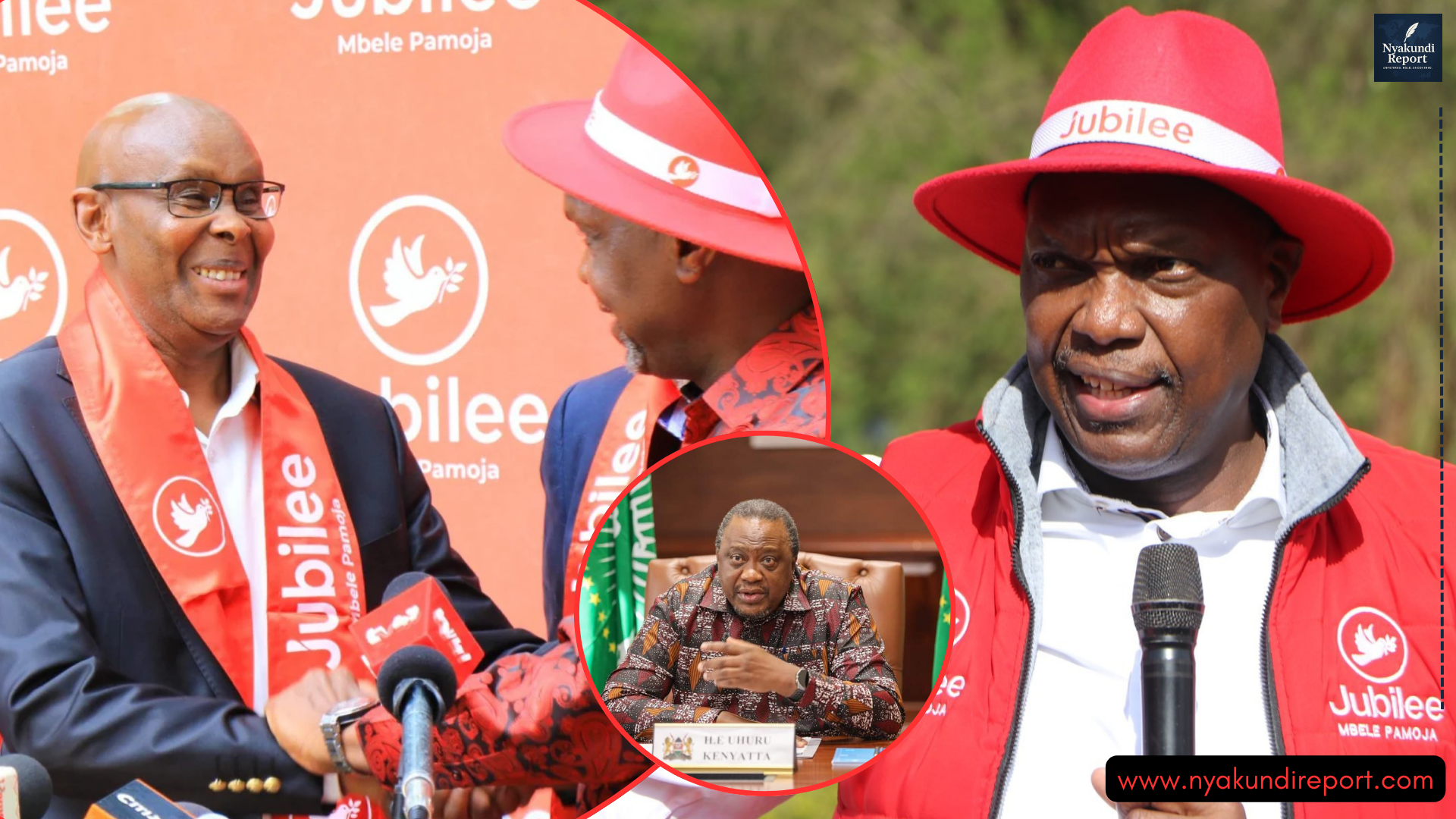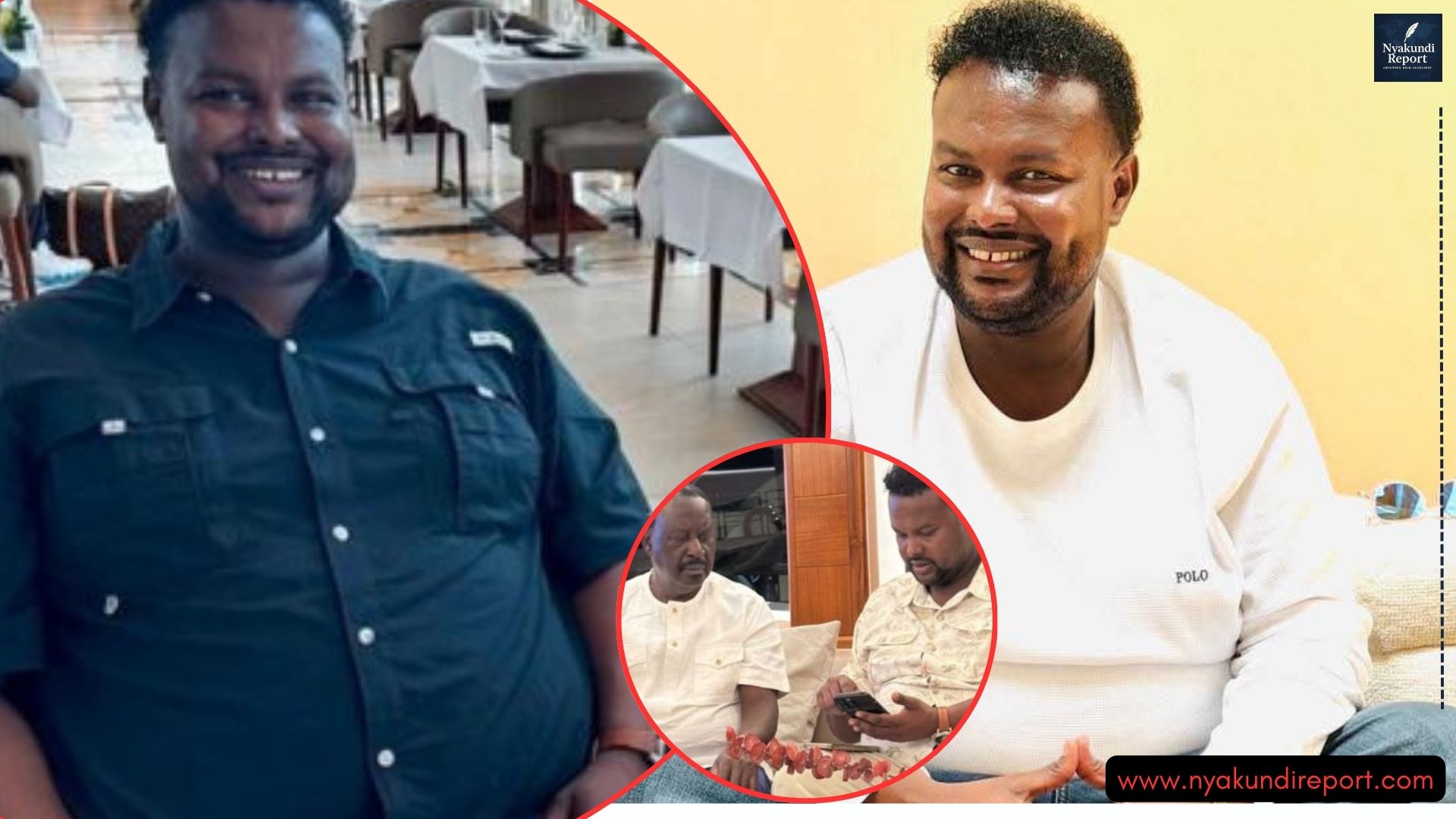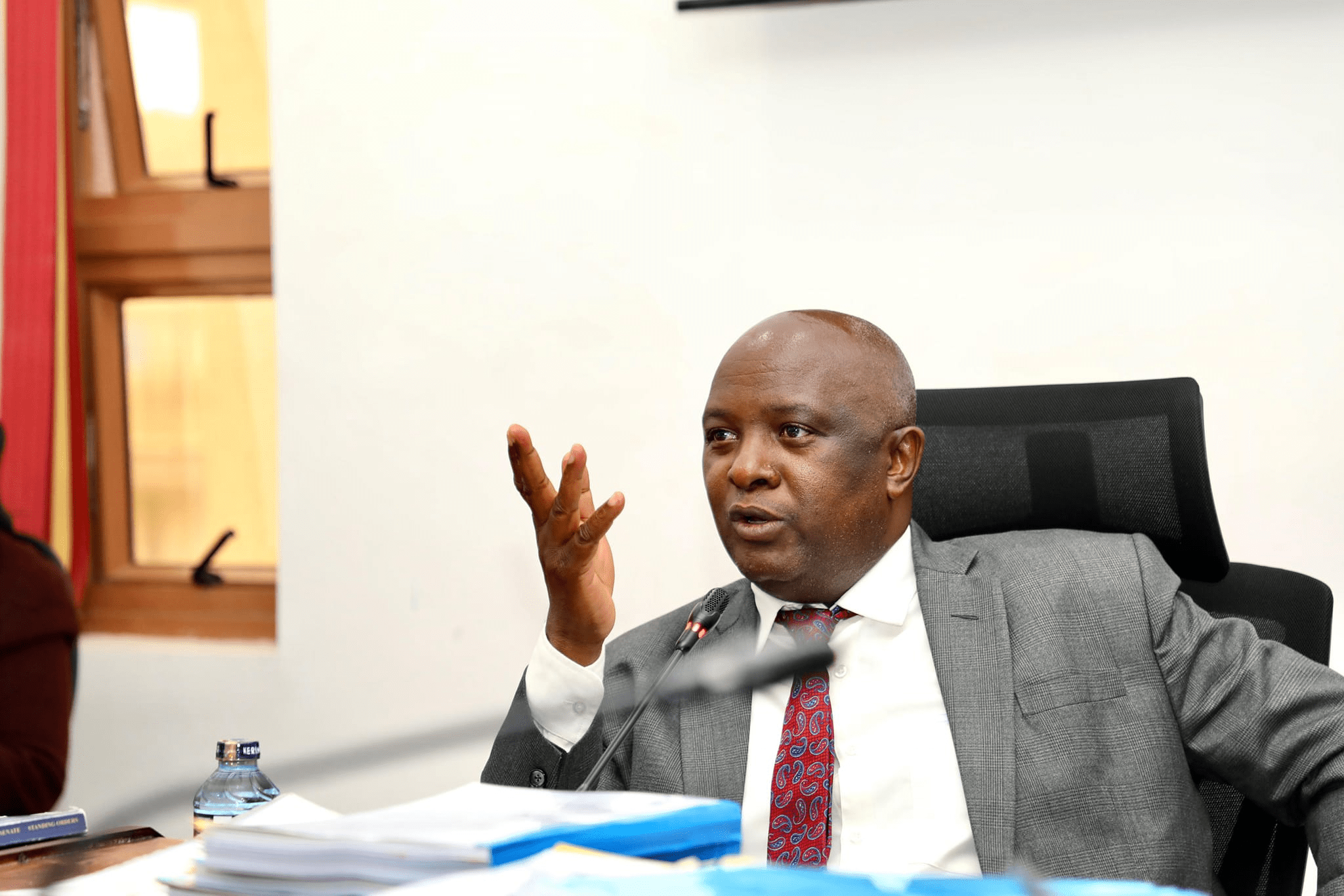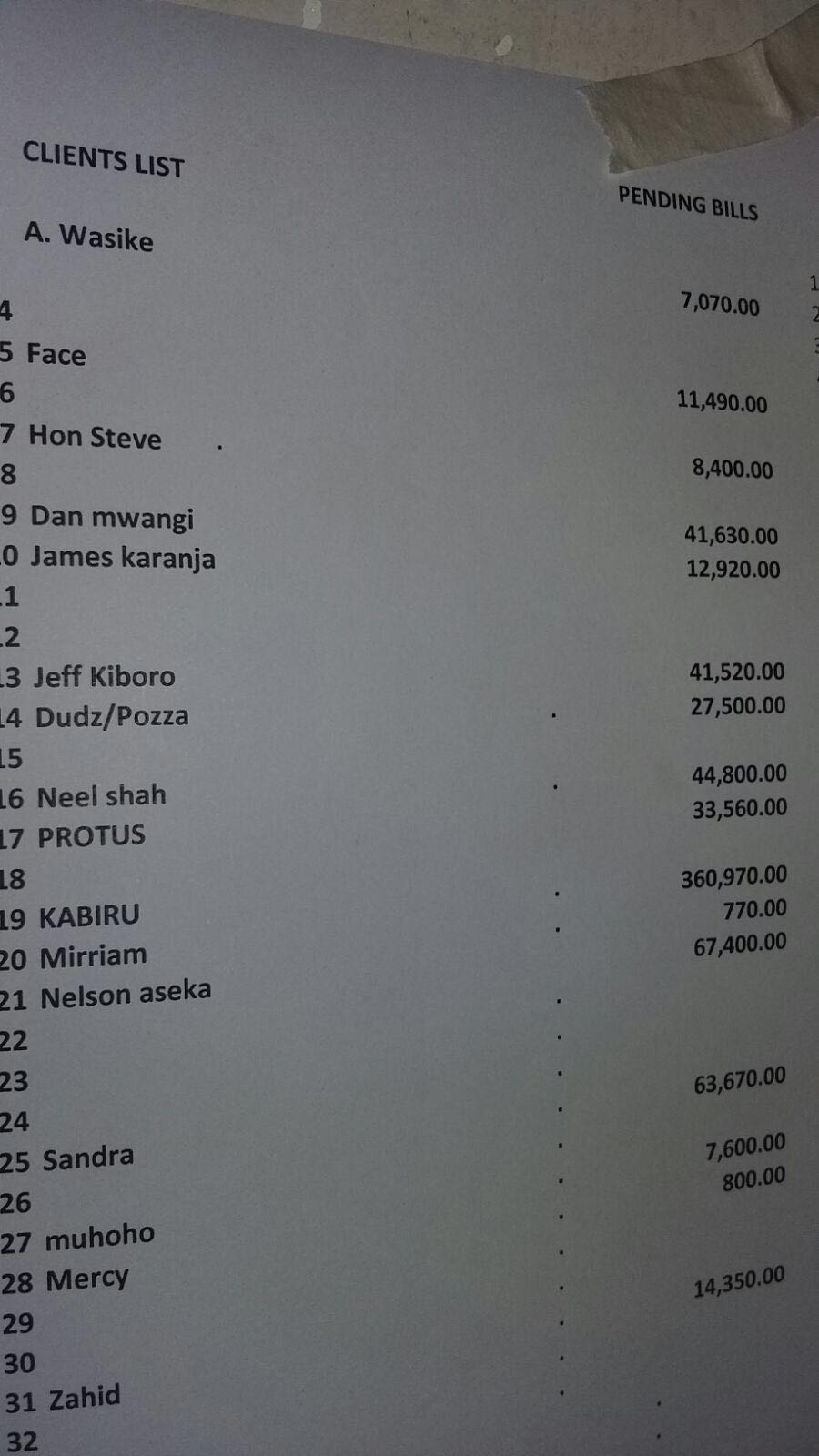Devamatha Hospital, a respected multi-specialty medical institution in Kerala, India, gained global attention on October 15 following the death of Kenyan opposition leader and former Prime Minister Raila Odinga. Known for its exceptional emergency and gastroenterology care, the hospital has long been a beacon of advanced healthcare in the region.
Established in 1975 in honor of Venerable Mar Thomas Kurialacherry, Devamatha continues to embody compassion and service. Today, it stands as one of central Kerala’s most trusted hospitals, equipped with modern technology and dedicated professionals.
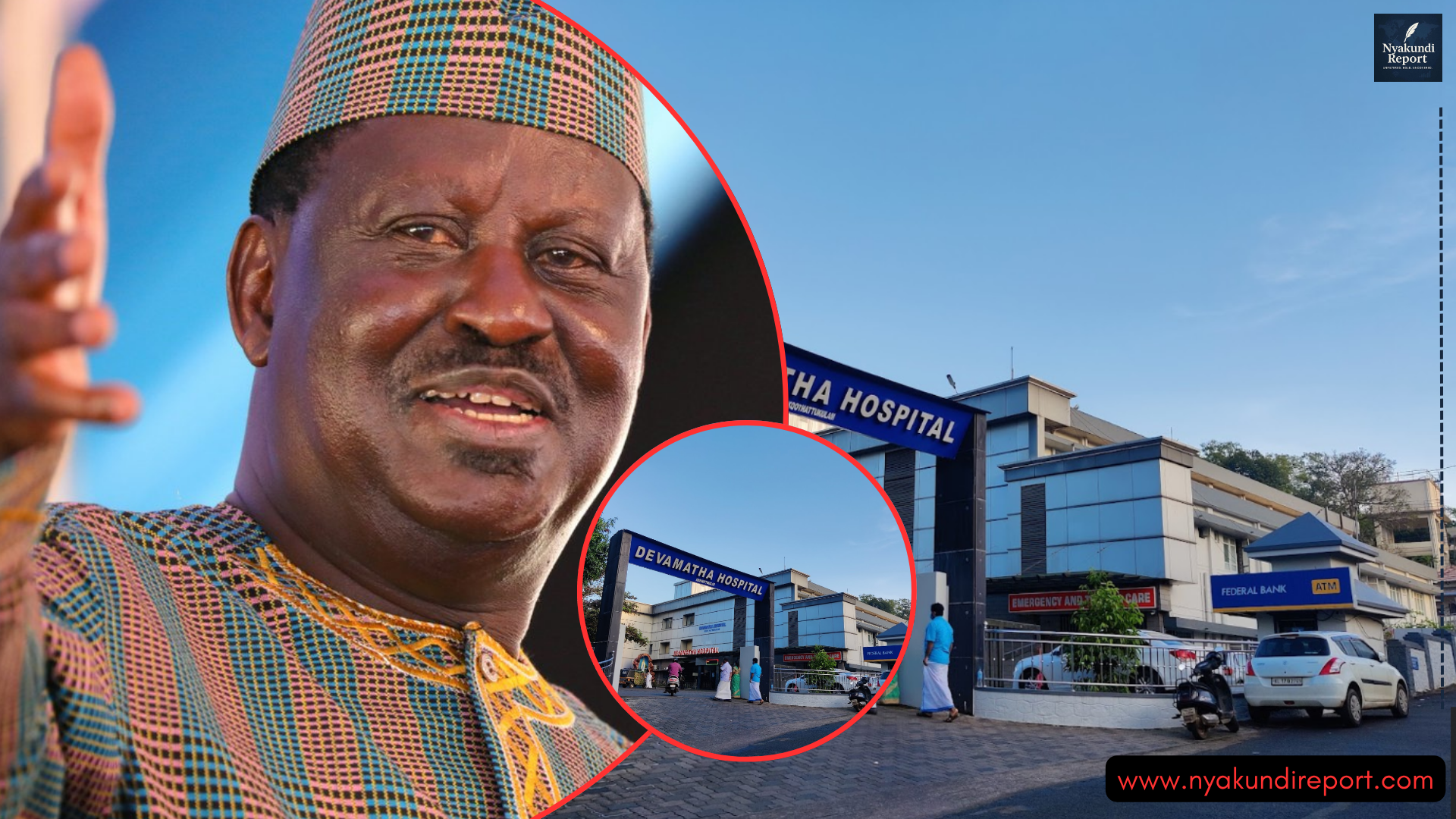
Devamatha Hospital: A Beacon of Medical Excellence in Kerala
Located in the quiet town of Koothattukulam, Devamatha Hospital is one of Kerala’s most established healthcare centers. The institution operates with a strong foundation in faith, service, and professionalism.
Founded in 1975, the hospital was built to commemorate the 100th birth anniversary of its visionary founder, Venerable Mar Thomas Kurialacherry. Over the decades, it has grown into a 250-bed multi-specialty hospital, currently running 100 functional beds and advanced diagnostic systems.
The hospital’s mission is deeply rooted in Catholic values, guided by the principles of compassion and accessible care. Its founders, including Mother Mary Francesca De Chantal, envisioned a facility that provides both medical and spiritual healing.
Overview Of Devamatha Hospital Facilities
| Facility | Description |
|---|---|
| Founded | 1975, in honor of Venerable Mar Thomas Kurialacherry |
| Location | Koothattukulam, Kerala, India |
| Capacity | 250-bed hospital (100 functional beds) |
| Accreditation | NABH Entry Level Program |
| Staffing | 25 senior doctors, 74 nurses, 130+ support staff |
| Specialties | Cardiology, Neurology, Gastroenterology, Oncology, Rheumatology, Urology, ENT, Pediatrics, Orthopedics |
| 24/7 Services | Emergency & trauma care, pharmacy, automated lab, hospice, and ambulance service |
Devamatha Hospital is recognized for its robust infrastructure and personalized care. Its Gastroenterology and Emergency Departments are especially respected for handling critical conditions efficiently.
The hospital also manages a hospice center for terminally ill patients and the elderly, reflecting its commitment to dignity and compassion at all stages of life. Regular health seminars and outreach programs help promote wellness across the wider Kerala community.
Devamatha Hospital Operations And Staff Dedication
Devamatha’s Emergency and Trauma Care Unit is operational 24/7. The team follows strict protocols to ensure rapid response to life-threatening situations. From accident victims to cardiac emergencies, patients receive immediate and specialized treatment.
The hospital’s success relies heavily on its human resource strength. It is home to 25 senior doctors covering diverse fields, supported by 74 nurses and over 130 paramedical and support personnel. Every department—from intensive care to radiology—operates with precision and empathy.
Beyond medical services, Devamatha integrates community health programs, ensuring that healthcare reaches even the most vulnerable. Its outreach initiatives include free medical camps and awareness drives on preventive healthcare.
The institution’s founders’ legacy remains alive through its culture of service. Venerable Mar Thomas Kurialacherry and Mother Mary Francesca De Chantal believed in healing both the body and soul. Their founding principles continue to shape the hospital’s reputation as a trusted pillar of care in Kerala.
Where Raila Odinga Spent His Final Hours
On October 15, Devamatha Hospital became the unexpected center of world attention. Former Kenyan Prime Minister Raila Odinga, aged 80, collapsed during a morning walk in India and was rushed to the hospital’s emergency wing.
Doctors and nurses reportedly worked tirelessly to stabilize him, but he was pronounced dead shortly after arrival. His body is being preserved in the hospital’s modern mortuary, which features deep-freezing facilities designed for long-term preservation.
Odinga’s family members and aides, including his security officer Maurice Ogeta, were present at the hospital during his final moments. Hospital authorities maintained professionalism and confidentiality, providing support to the family amid the tragedy.
The facility’s calm handling of the incident demonstrated its capacity to manage high-profile medical emergencies with dignity and efficiency.
The Death Of Raila Odinga And Global Reactions
Raila Odinga, fondly known as “Baba,” was a towering figure in African politics and a symbol of democracy and reform in Kenya. He served as Prime Minister between 2008 and 2013 and led the Orange Democratic Movement (ODM).
He had traveled to India in late September for what his team described as “routine medical follow-up.” Family members had earlier dismissed claims of worsening health, saying he was “in good spirits.”
His sudden passing at Devamatha Hospital shocked millions across Africa. Political leaders, both in Kenya and abroad, mourned the loss of a man who devoted his life to justice, equality, and good governance.
Tributes poured in from across the continent. Many praised his resilience, leadership, and lifelong fight for democracy. Kenyan President William Ruto, opposition leaders, and African Union officials extended condolences to Odinga’s family.
Devamatha Hospital, though accustomed to handling emergencies, found itself thrust into international headlines for reasons far beyond medicine. Its role in the final moments of an African statesman has placed it in the global spotlight, marking an unexpected chapter in its long history of service.

